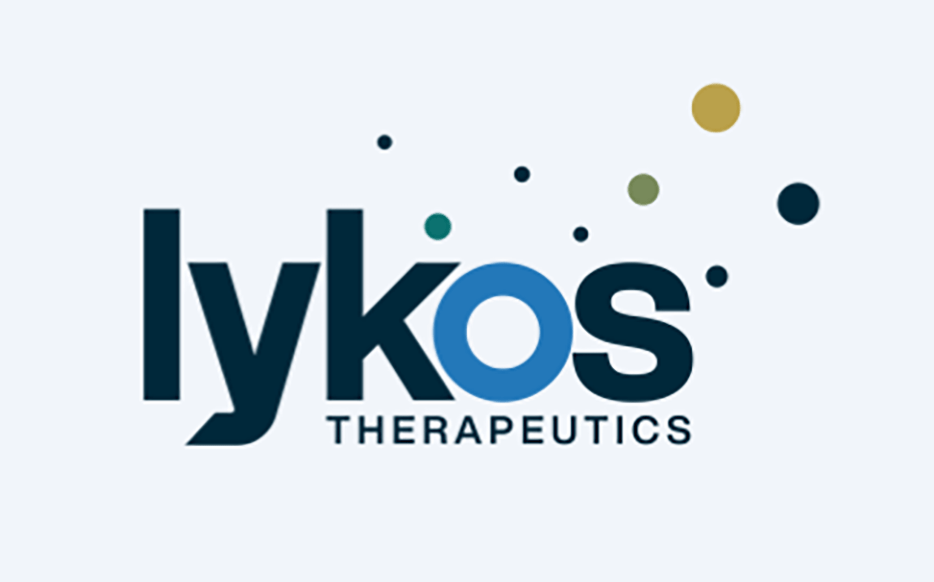New Study: 3 Ways New Skin Patch Tracks Your Health - Dispatch Weekly
November 28, 2016 - Reading time: 5 minutes

Researchers from Northwestern University’s Center for Bio-Integrated Electronics are inventing a new skin patch to track a person’s health and fitness, sending data to smartphones, which is advancing Fitbit into new areas.
#1 Detailed Information About Health

The modern patch could give an early warning to replenish electrolytes before someone is hydrated.
The researchers also want the patch to offer real-time recordings of how the body adjusts to military training whilst offering information about diabetes or cystic fibrosis.
John A. Rogers, who directed the research, has made a device that moves with the body, so the skin-like patch can analyze body fluid.
#2 Using the Patch with a Smartphone
The patch can be stuck on the skin where it collects sweat, mixing with chemicals that change color to reflect sweat loss. The patch analyzes sweat’s acidity and levels of chloride, glucose and lactate.
The data gives the user information about hydration and electrode loss. An app can be downloaded on to a smartphone, where a photo interprets the colors on the patch.
#3 Fitbit is a Growing Industry
According to investor.fitbit.com, in 2015, 8.2 million connected health and fitness devices.
Active users grew 152 percent to 16.9 million at the year-end of 2015 from 6.7 million at the year-end of 2014.
Fitbit expects full-year 2016 revenue in the range of $2.4 to $2.5B, driven by new product introductions and geographic expansion.
Stanford University chemical engineering professor Zhenan Bao, who also researches novel biomedical materials but wasn’t involved with the sweat patch, said:
“Such a patch allows people to now have an opportunity to understand their health and how it changes depending on activities.”
Can Fitness Trackers Really Improve Health?

Fitness trackers are now readily available to consumers, such as those offered by Fitbit®, Misfit Wearables and Jawbone®, NikeFuel®.
With the advance of technology and tracking devices, people value knowing detailed information about their health without needing to go to a doctor.
According to a study by ITOnline, two-thirds of Americans have already shown a favor for digital health management over physical.
This has led to the concept of the “Quantified Self,” whereby information can help people make healthier choices and habits. This gives people with illnesses and diseases control of their medication and daily exercise.
It is not only fitness trackers that have flourished. There are also nutritional and educational outlets such as GoMeals® which measures both activity levels and the nutritional values of daily food consumption.
Would you use a skin patch to track your health or are you concerned about sharing so much personal data?

DW Staff
David Lintott is the Editor-in-Chief, leading our team of talented freelance journalists. He specializes in covering culture, sport, and society. Originally from the decaying seaside town of Eastbourne, he attributes his insightful world-weariness to his roots in this unique setting.




